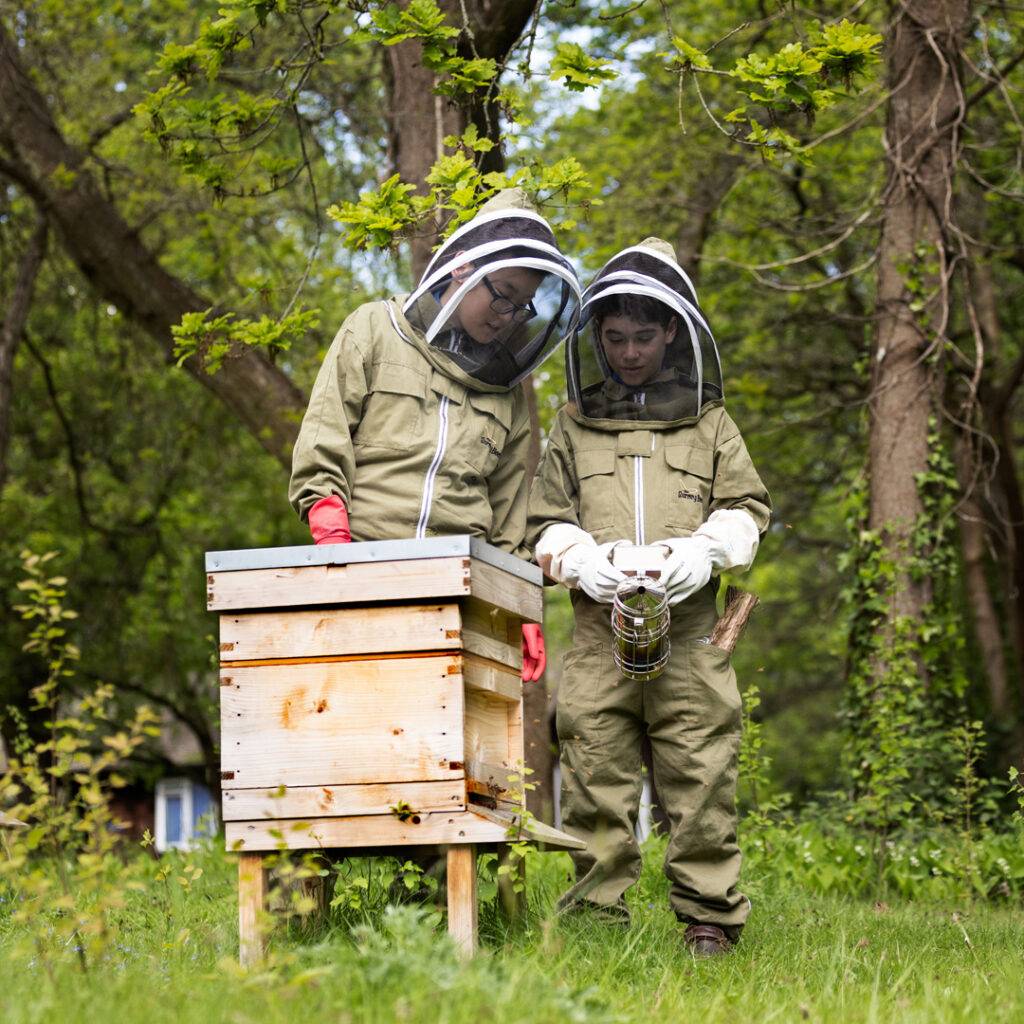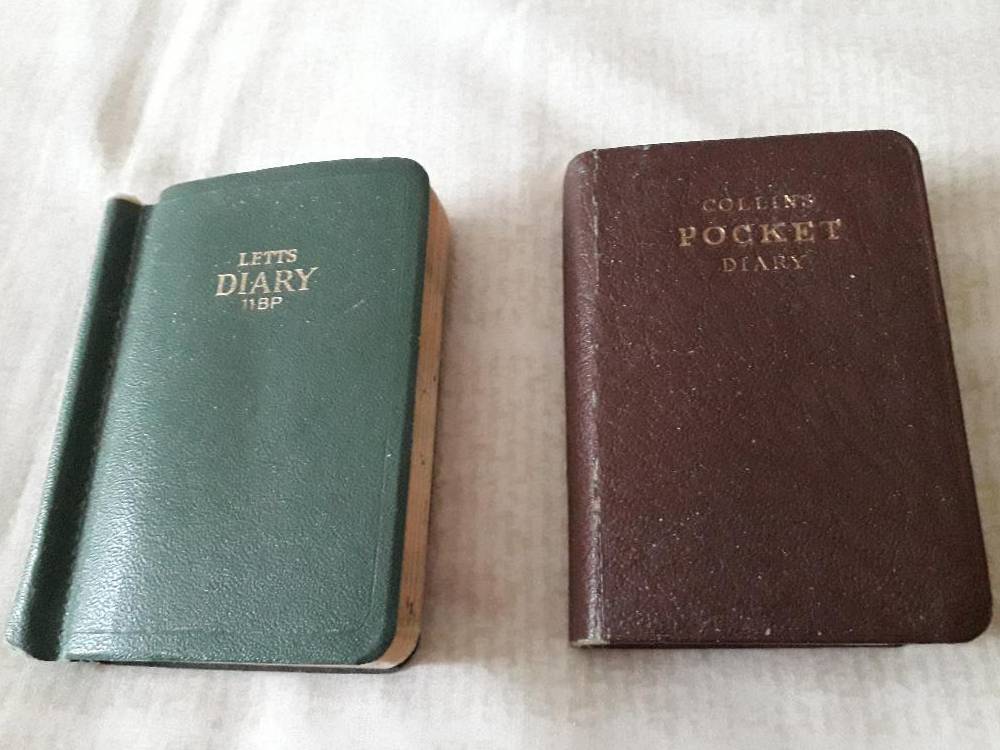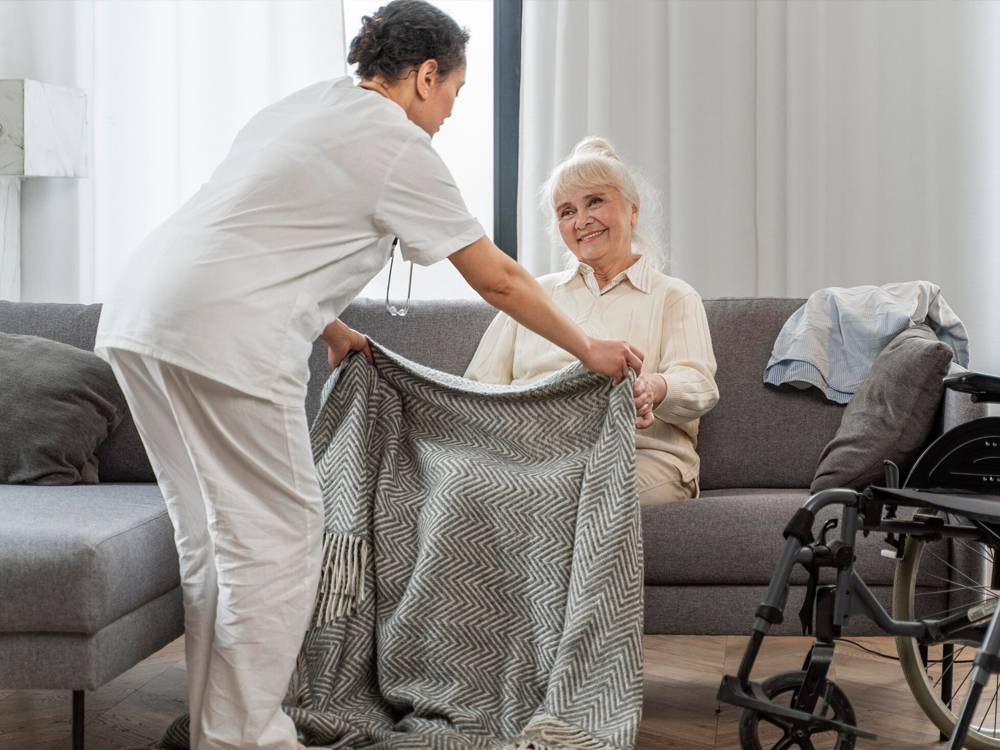View the Interactive Education Map
Read more articles in our Education Guide
The impact of VAT on fees
Tom Dawson, headmaster of Sunningdale School near Ascot, considers the implications for schools of the coming VAT on fees
After months… no, years of speculation and expectation, the government has introduced VAT on to private school fees, from January 2025.
This is going to have a significant and lasting effect on the whole sector and it presents a huge challenge for those of us managing these institutions. Business rates relief for independent schools with charitable status will also be removed.
The government believes these measures will raise £1.8 billion per year which they will invest in the state sector, saying they want to recruit 6,500 extra state school teachers. They don’t say where these teachers are going to come from, however, and anyone who has advertised for a teacher recently knows how difficult that can be.
They estimate 37,000 pupils will leave or never enter the private school sector as a result of the VAT policy and that 3,100 additional pupils will leave or never enter the private school sector in England as a result of the business rate policy. The reality is likely to be much more significant than this.
Another significant concern is the timing of this policy. Introducing these measures in the middle of the academic year demonstrates a lack of understanding of the pressures faced by schools, parents and children.


A double whammy
The government says it has carried out consultation and responded to feedback but it has not changed its policies as a result of this consultation. In fact, it has gone further than this by increasing employers’ National Insurance Contributions (NICs) and by lowering the threshold at which these contributions are paid. A great deal of what might have been saved by reclaiming VAT will be spent on these contributions. Staff costs are, on average, 69% of turnover for schools. Increasing the burden of NICs is a significant addition to a school’s budget.
So what is the answer for schools? There are various options; apply VAT to the current fee, reduce the fee so that after reclaiming VAT you can just break even, or reduce the free by a greater percentage, accepting the fact you will make a loss. Despite introducing VAT of 20% on school fees, the government says it expects private school fees to go up by around 10%. It also says some schools have said they will cap the increase at 5% or that they will absorb the whole cost themselves. This is simply not realistic. Many schools will apply VAT on their current fee, meaning a 20% increase, and the vast majority of independent schools have announced their fees will go up by at least 15%.
A good number of schools announced their position in advance of the budget; in some cases, many months before. Many are now regretting this decision as the measures announced on October 30th have gone so much further than expected and they now face a significant shortfall in the budget. Since the budget was delivered, several schools have already announced they will close as a result.
‘Independent schools must work harder…’
Whatever their position, schools are going to have to adapt to this new reality. We face a future in which school fees are significantly more expensive and schools are going to have to work harder for their slice of a diminishing pie.
At Sunningdale we have been very clear with parents about our position and we have been very clear with staff about our responsibilities. We have to make sure that what we offer is truly exceptional. We have always tried to do this but we must now make sure that parents can see the value of spending a very significant amount of money on their child’s education. So what does that look like and what should parents expect?
To be truly world class, an independent school education must offer outstanding, individualised teaching which leads to visible progress. They must also offer the sort of holistic education that leads to a bright future for their pupils. The co-curricular offerings at most independent schools are incredible. But interestingly, their purpose is not often to create sports stars or world class musicians – although this may happen – it is to set pupils up for happy, healthy and successful lives.
Good schools build confidence; they foster resilience; they encourage teamwork and collaboration; they teach good values; they develop pupils into good, responsible global citizens who want to make a difference and they help children to believe that anything is possible.

So as much as every school will look at their costs and do what they can to make savings without diminishing what they offer, I believe that the real key to a successful future lies in making sure that you are the best that you can possibly be.
Tom Dawson
Headmaster, Sunningdale School
Sunningdale School













